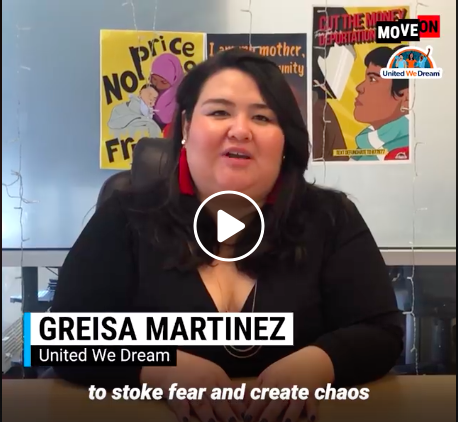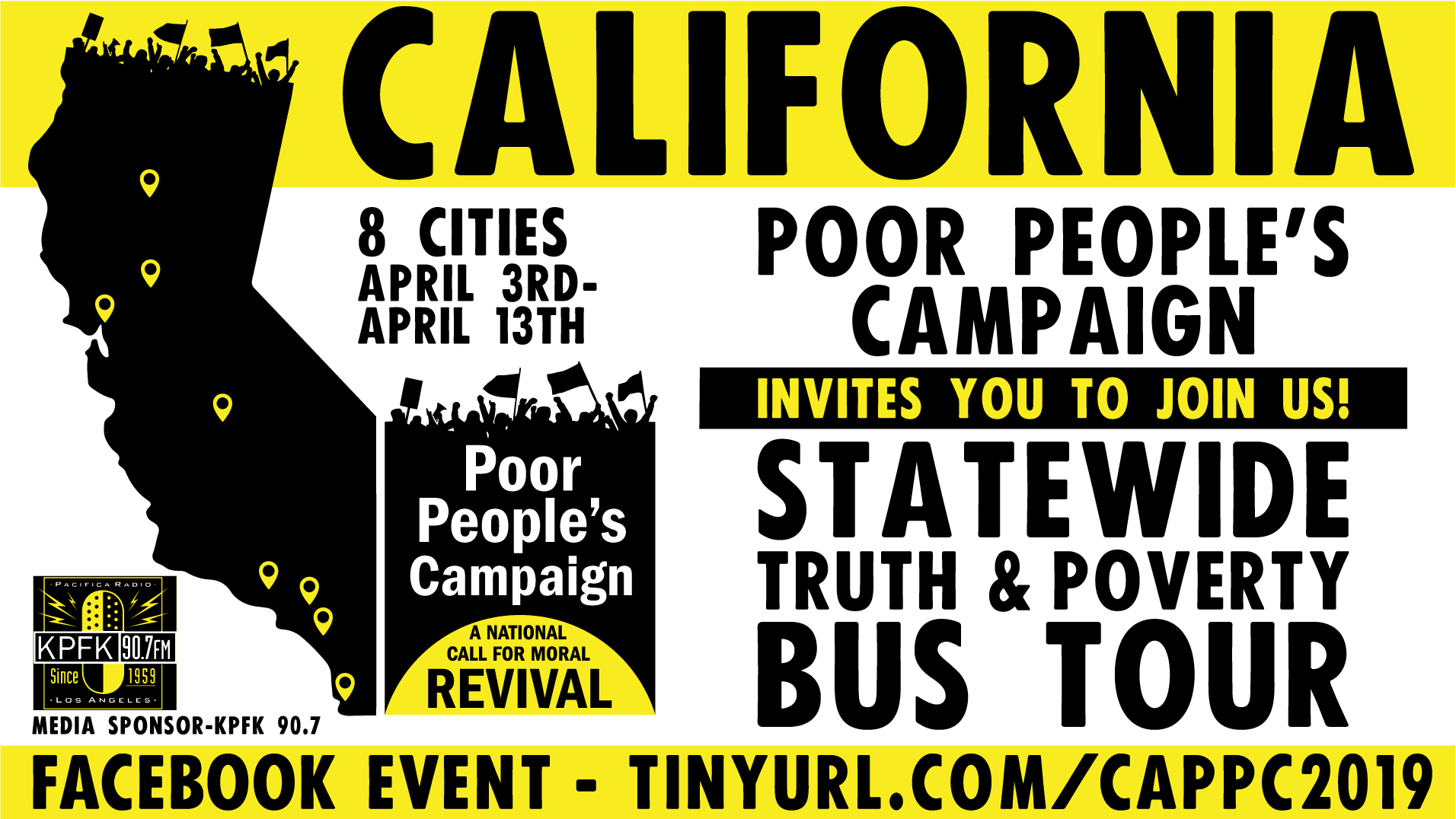Temporary Protected Status Refugees Fight Expulsion
Orlando Zepeda and Evelyn Hernandez are immigrant activists. Neither has a backup plan in case TPS isn’t renewed next year, other than “to keep fighting until we have permanent residency.”
April 17, 2019
By
Orlando Zepeda is one of 30,415 Salvadorans living in Los Angeles with Temporary Protected Status, a form of humanitarian relief that will expire next January. He came here from El Salvador in 1984 when he was 18, and has lived in the United States for nearly twice as long as he lived in his home country. Today he shares a Central Alameda home with his wife, Lorena Arana, who is also a TPS holder, and their two U.S.-citizen children, aged 12 and 14. He works providing building maintenance and until recently was involved in his church in Koreatown volunteering as a chaplain in prisons and hospitals.
Evelyn Hernandez, a community organizer at the Central American Resource Center, leads know-your-rights workshops in Los Angeles County, which has the largest Central American population in the country. She’s also a TPS holder from El Salvador, with three U.S.-born children, and is married to a U.S. citizen. In January 2018, the Trump administration announced the end of TPS protections for people from El Salvador, who, like refugees from Haiti, Sudan, Nicaragua and Honduras, are under federal order to leave this country by January 2020.
“We’re a community fighting for legal permanent status for our families. We’re not victims.”
“I’ve had to consider the possibility of leaving by myself, which would be devastating emotionally for me and my children,” said Hernandez. “There’s a shared anxiety about what’s going to happen after the extension is over.”
Both Zepeda and Hernandez are activists with the National TPS Alliance, an advocacy organization formed and led by program beneficiaries from across the country. Neither has a backup plan in case TPS isn’t renewed next year – other than, as Hernandez said, “to keep fighting until we have permanent residency.”








